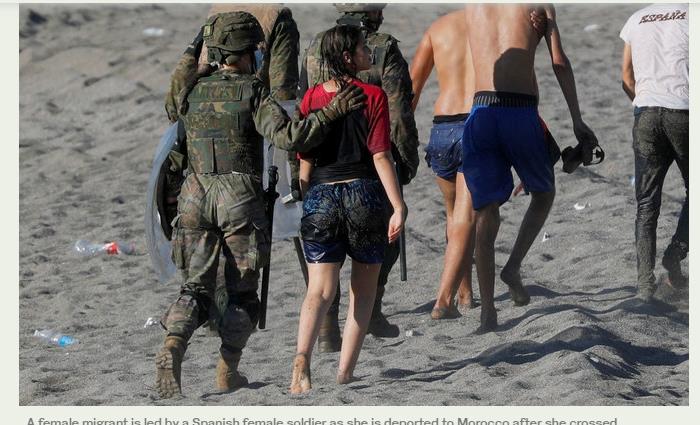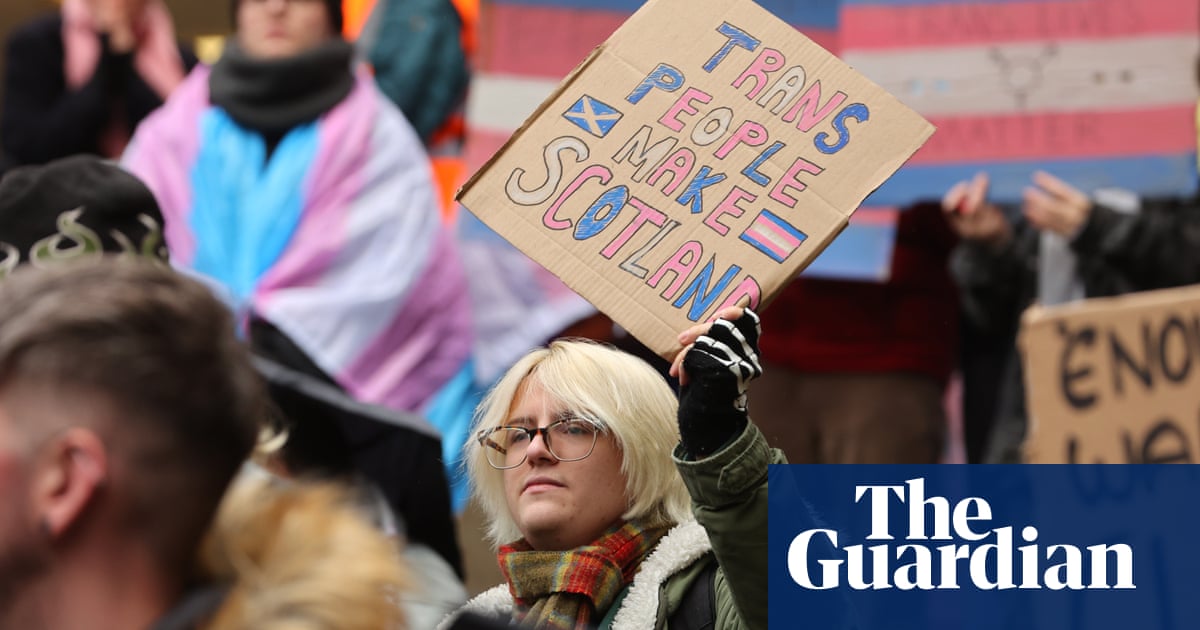
Deporting a Nigerian man who has a criminal record but whose children live in Britain, was “disproportionate” and not “necessary in a democratic society”, the European court of human rrights has ruled.
Judges in Strasbourg found that the removal of Charles Unuane violated his right to family life as guaranteed by article 8 of the European convention on human rights.
Unuane, 57, whose appeal was supported by the Joint Council for the Welfare of Immigrants, was awarded €5,000 (£4,447) . The court did not make an order for him to be returned to the United Kingdom.
Relatively few UK cases are reaching the ECHR at present but legal arguments over the scope of article 8 and the right to family life remain issues where the government and Strasbourg judges are at odds over legal interpretation.
Unuane was born in Nigeria. In 1998, he came to Britain as a visitor and was granted right of residence the following year. In 2000, his former partner joined him from Nigeria.
They had three children who have now all been registered as UK citizens. One of the children suffers from a rare congenital heart defect.
In 2005, however, Unuane was convicted of obtaining a money transfer by deception. He was given a community sentence and ordered to pay a fine.
Four years later he and his partner were both convicted of offences for falsifying around 30 applications for leave to remain in the United Kingdom. Unuane was sentenced to five and a half years in prison; his partner was jailed for 18 months.
After serving their time, the family faced deportation. In 2016, the courts ruled in favour of appeals by Unuane’s partner and children, concluding that separating them would be “unduly harsh” on the children.
Unuane’s appeal was, however, dismissed because he could not demonstrate “very compelling circumstances” against his deportation, over and above the parental relationship with his children. In February 2018, he was deported to Nigeria.
In its ruling published on Tuesday, the ECHR in Strasbourg said the UK decision was “not reconcilable with article 8 of the convention”.
British courts, the judges pointed out, had “acknowledged the strength of the applicant’s ties to his partner and children, all of whom would stay in the United Kingdom” as well as the fact that parental support was needed for the child who was due to have heart surgery.
The Strasbourg judges added: “In the overall assessment of proportionality, the court considers that in the circumstances of the present case the seriousness of the particular offence(s) committed by the applicant was not of a nature or degree capable of outweighing the best interests of the children so as to justify his expulsion.
“It therefore considers that the applicant’s deportation was disproportionate to the legitimate aim pursued and as such was not necessary in a democratic society.” There had been a violation of article 8 of the convention, it concluded.
Nicola Burgess, Legal Director of JCWI and Unuane’s solicitor said, “Mr Unuane is separated from his wife and children because the government tried to reduce the right to a family life by preventing the courts from looking at the human context of the case.
“We welcome this decision which recognises the need for thorough and careful consideration of all factors, not just mere reliance on the length of the criminal sentence to justify deportation.”
A Home Office spokesperson said: “We are disappointed with the judgment of the ECHR as we have a duty to protect the public by removing foreign criminals who violated our laws.
“The judgment records that Mr Unuane was convicted of offences relating to the falsification of some thirty immigration applications. He was sentenced to five years and six months in prison.”












